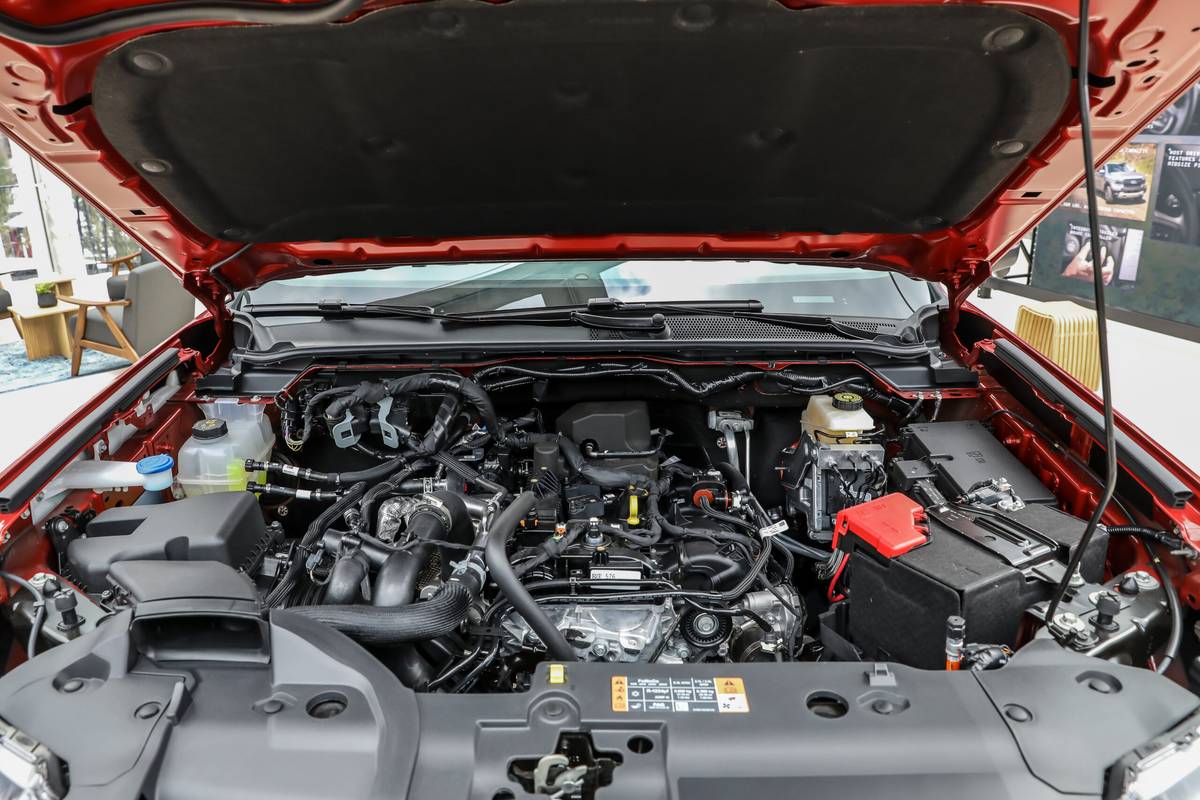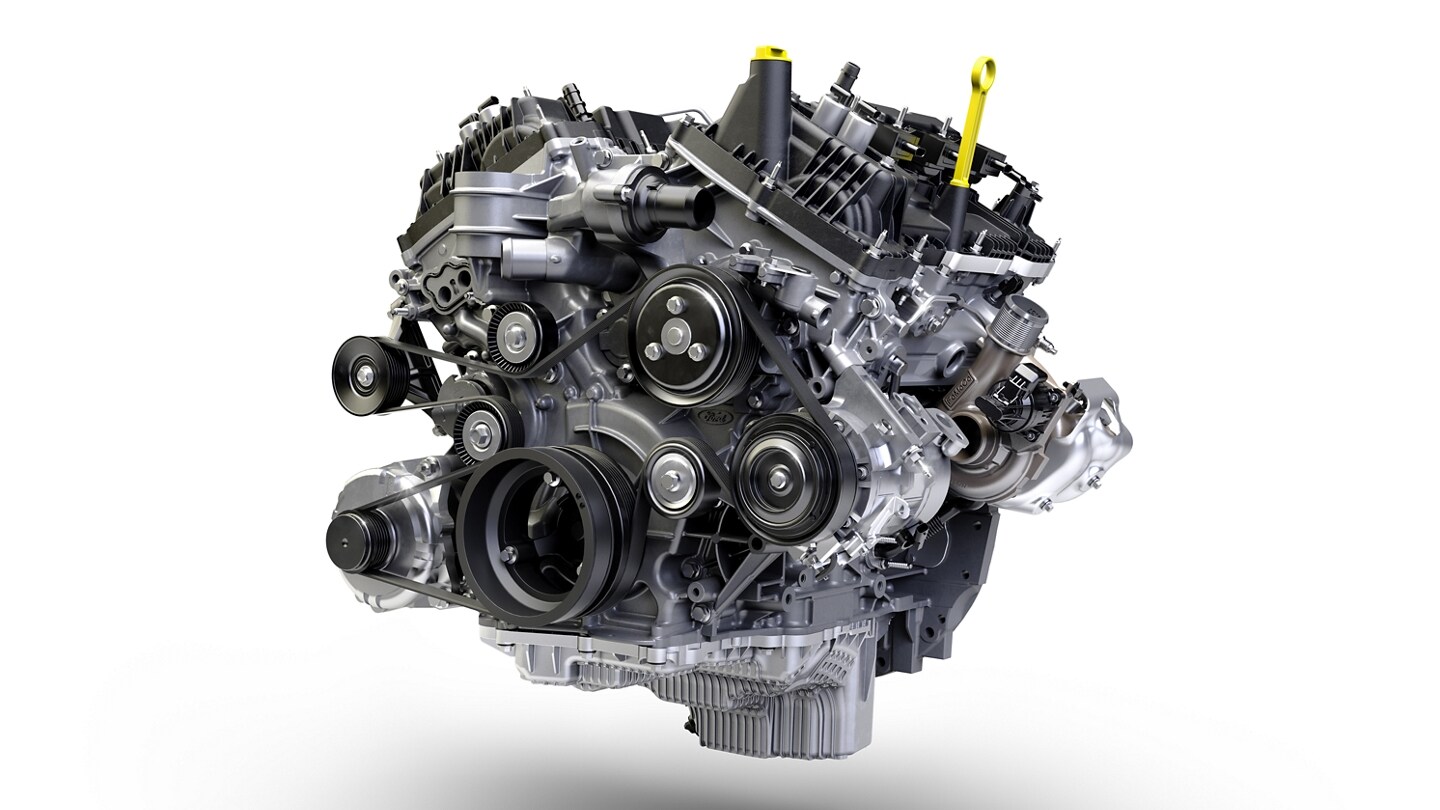The 2.2 Ford Ranger Engine: Ideal for Towing, Off-Roading, and Everyday Use
The 2.2 Ford Ranger Engine: Ideal for Towing, Off-Roading, and Everyday Use
Blog Article
What Makes a Cars And Truck Engine Run Efficiently: Top Tips for Ideal Treatment
The smooth procedure of a car engine is essential to both efficiency and long life, making optimum care a vital duty for automobile proprietors. Key practices, such as routine oil modifications, keeping coolant degrees, and keeping track of air filters, are vital yet often neglected. The relevance of evaluating spark plugs and making sure appropriate tire pressure can not be underrated. Understanding exactly how these elements interconnect can enhance not only the efficiency of your lorry however likewise your total driving experience. What certain steps should you prioritize to ensure your engine remains in peak condition?
Normal Oil Modifications
One of one of the most essential aspects of car upkeep is guaranteeing your engine receives regular oil adjustments. Engine oil lubes internal components, minimizes friction, and aids keep ideal operating temperatures. In time, oil deteriorates because of warm, contaminants, and the all-natural byproducts of burning, resulting in reduced performance and prospective engine damage.
Many manufacturers suggest changing the oil every 5,000 to 7,500 miles, however this period can vary based upon driving conditions and oil type. Artificial oils may enable for longer periods in between modifications. Regular oil modifications not just improve engine efficiency yet also improve gas performance, as clean oil advertises smoother procedure.
Overlooking oil adjustments can result in sludge accumulation, which harms circulation and can cause extreme engine concerns. It is important to examine oil levels frequently and check for any unusual modifications in shade or consistency, which could suggest contamination or degradation.

Keeping Coolant Degrees
Keeping proper coolant levels is vital for protecting against engine getting too hot and ensuring optimal performance. The coolant, generally a mix of water and antifreeze, distributes via the engine, soaking up warm and stopping thermal stress and anxiety. Not enough coolant can bring about increased engine temperatures, which might create extreme damages and even total engine failure.
To keep optimal coolant levels, consistently examine the coolant tank, normally found in the engine bay. Guarantee the coolant is filled up to the suggested mark, as suggested in your car's owner guidebook. It is suggested to examine the levels at least as soon as a month or in the past long journeys, specifically throughout severe weather.
If you notice that the coolant degree is constantly low, there may be a leakage in the cooling system, which should be addressed promptly to avoid additional problems. 2.2 ford ranger engine. Additionally, purging the coolant system every a couple of years can aid eliminate any gathered particles and make sure efficient warmth exchange
Checking Air Filters

It is advised to check the air filter every 12,000 to 15,000 miles, or a lot more regularly if driving in negative or messy conditions. A basic aesthetic evaluation can usually reveal whether the filter is filthy or harmed. If the filter appears stained or has noticeable dirt build-up, it should be replaced immediately.
Utilizing a top quality air filter made for your details vehicle design can additionally boost engine efficiency. Additionally, some cars may gain from recyclable filters that can be cleansed and re-installed, offering a economical and eco-friendly choice.
Inspecting Spark Plugs
Spark plugs are vital parts of a lorry's ignition system, straight affecting engine performance and efficiency. They develop the trigger that sparks the air-fuel blend in the combustion chamber, helping with the engine's power generation. Regular inspection of ignition system browse around these guys is critical for maintaining optimum engine feature and stopping prospective problems.
During an assessment, search for signs of wear or damages, such as fractures, carbon buildup, or too much void widening. A healthy and balanced stimulate plug normally exhibits a brown or tan color. Dark residue or oil deposits can indicate inappropriate combustion, while a blistered or white appearance might suggest getting too hot. Both conditions find out here now call for instant focus to stop further engine damage.
It's suggested to inspect stimulate plugs every 30,000 miles, or as recommended in your automobile's owner handbook. Additionally, think about changing them according to the producer's standards, as used or old ignition system can lead to misfires, reduced fuel efficiency, and increased discharges.
Monitoring Tire Pressure
Ensuring appropriate tire stress is a crucial facet of lorry safety and efficiency. Under-inflated tires can bring about decreased fuel effectiveness, boosted tire wear, and endangered handling. On the other hand, over-inflated tires can minimize grip and raise the danger of blowouts. Consequently, regular monitoring of tire pressure is vital for optimum vehicle operation.
Tire pressure ought to be inspected at the very least as soon as a month and soon journeys. Make use of a dependable tire pressure gauge to measure the stress when the tires are cool, preferably prior to the automobile has actually been driven for at least three hours. Refer to the car's owner handbook or his explanation the placard located on the driver's side door jamb for the producer's recommended stress degrees.
It is crucial to keep in mind that tire pressure can fluctuate with changes in temperature level; a decline of 10 ° F can cause a 1-2 psi reduction in pressure. Additionally, visually evaluate tires for any kind of indications of wear or damage during your monitoring regimen. Preserving appropriate tire pressure not just boosts lorry security but also boosts gas efficiency and lengthens tire life, eventually contributing to a smoother engine efficiency.
Final Thought
In conclusion, preserving a car engine's smooth operation requires thorough focus to several crucial factors. Ultimately, a positive strategy to engine care is vital for making sure integrity and functionality over time.
One of the most important facets of car upkeep is ensuring your engine receives routine oil modifications. Engine oil lubes internal components, decreases friction, and assists preserve optimum operating temperature levels. Regular oil changes not only improve engine performance but likewise improve gas effectiveness, as tidy oil advertises smoother procedure.
Insufficient coolant can lead to increased engine temperatures, which may cause severe damage or even overall engine failure.

Report this page